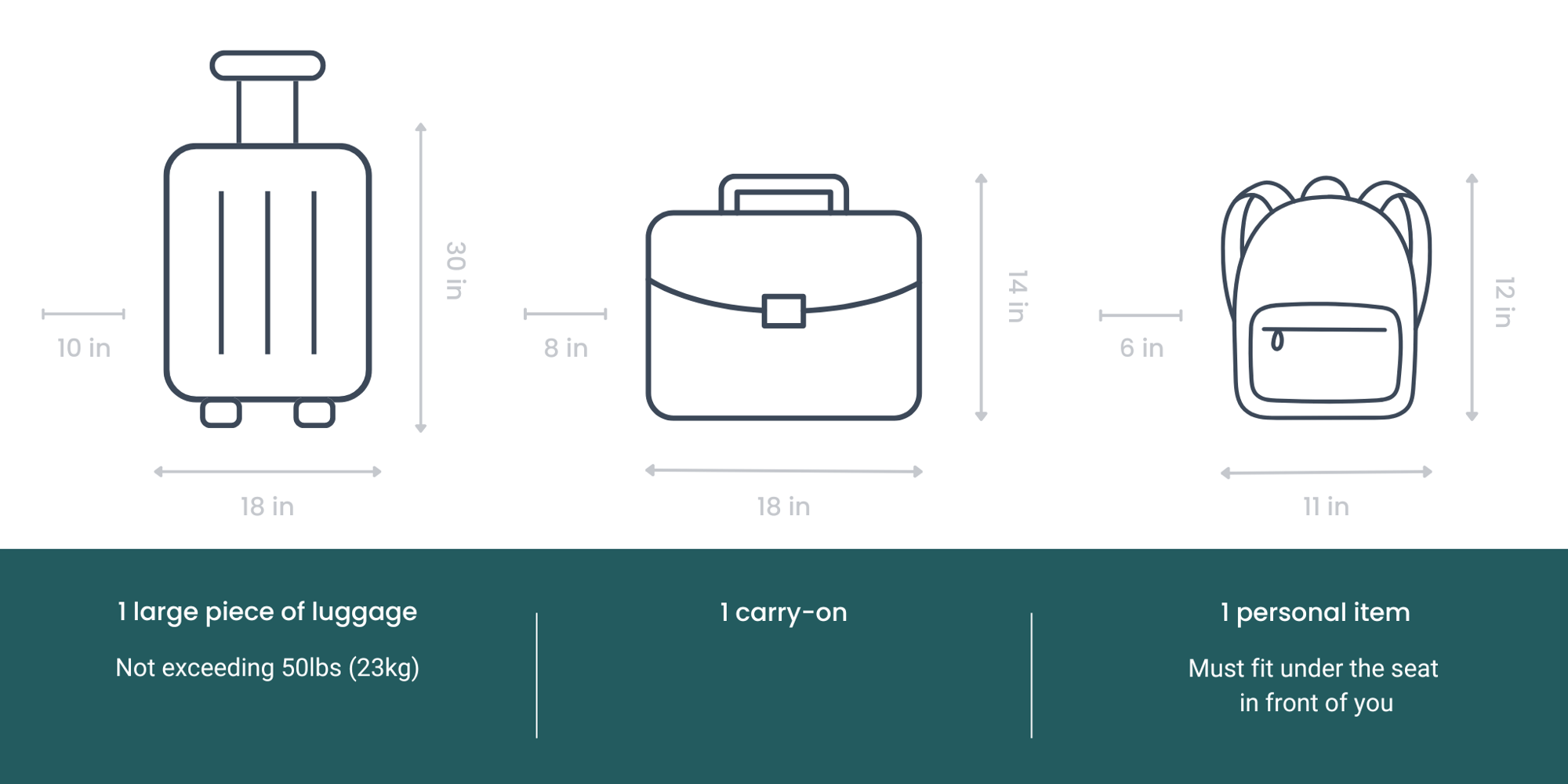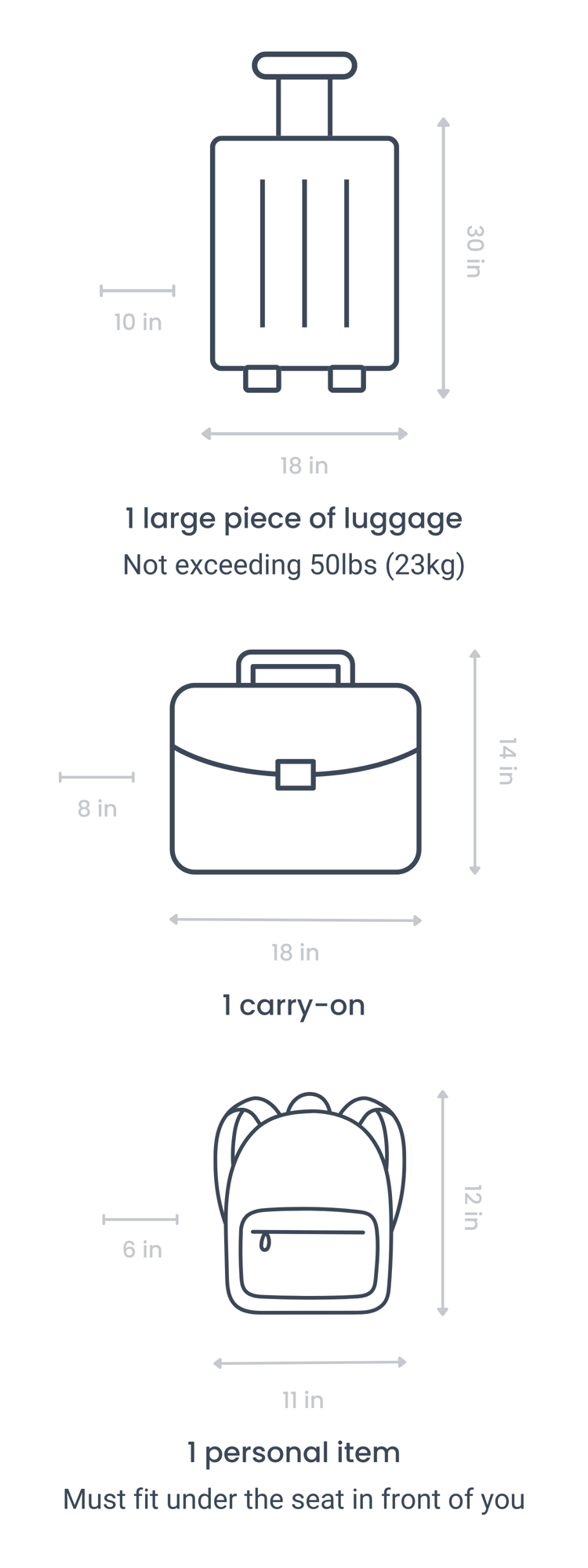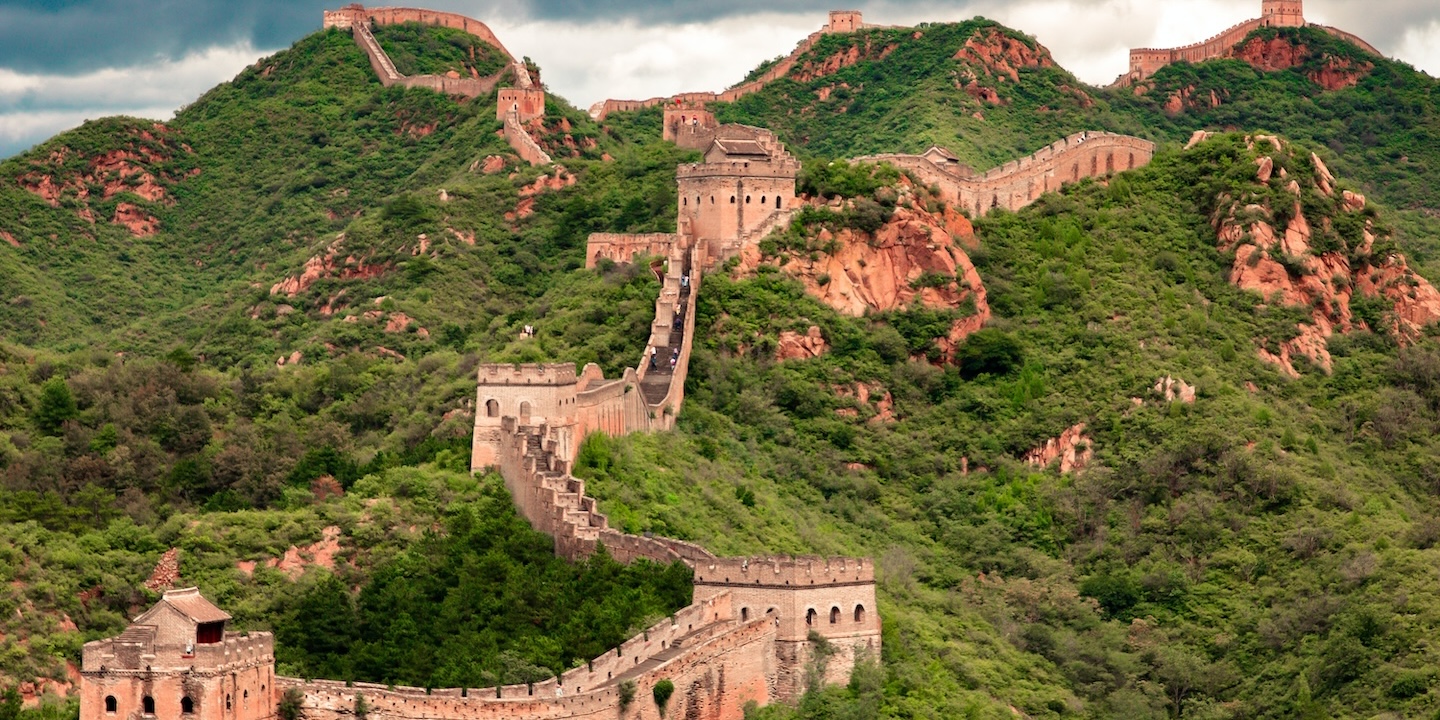About China
Overview
China, officially known as the People's Republic of China, is the world's most populous country and the third-largest in terms of land area. With a rich history dating back thousands of years, China has made significant contributions to art, philosophy, science, and technology. In recent decades, it has undergone remarkable economic development, becoming the world's second-largest economy. China's vast and diverse geography encompasses a wide range of landscapes, from the towering peaks of the Himalayas in the southwest to the expansive Gobi Desert in the north. The country is also crisscrossed by major rivers, including the Yangtze and Yellow Rivers, which have played a pivotal role in shaping China's history and supporting its agricultural development. China is a popular tourist destination known for its rich cultural heritage, iconic landmarks such as the Great Wall and the Forbidden City, as well as its stunning natural landscapes, drawing millions of visitors each year.
Capital City: Beijing
Population: 1.54 billion (2024 est.)
Currency: Chinese yuan renminbi. China is mostly cashless with WeChat Pay and Alipay as their dominant mobile payment forms. Travelers can link their foreign credit cards including Visa, Mastercard, and Discover.
Time Zone: China has one official time zone, China Standard Time (CST), UTC+8; China observes China Standard Time all year. There are no Daylight Saving Time clock changes.
Emergency Number: 119
Outlet: Type A, type C and type I. The standard voltage is 220 V at a frequency of 50 Hz.
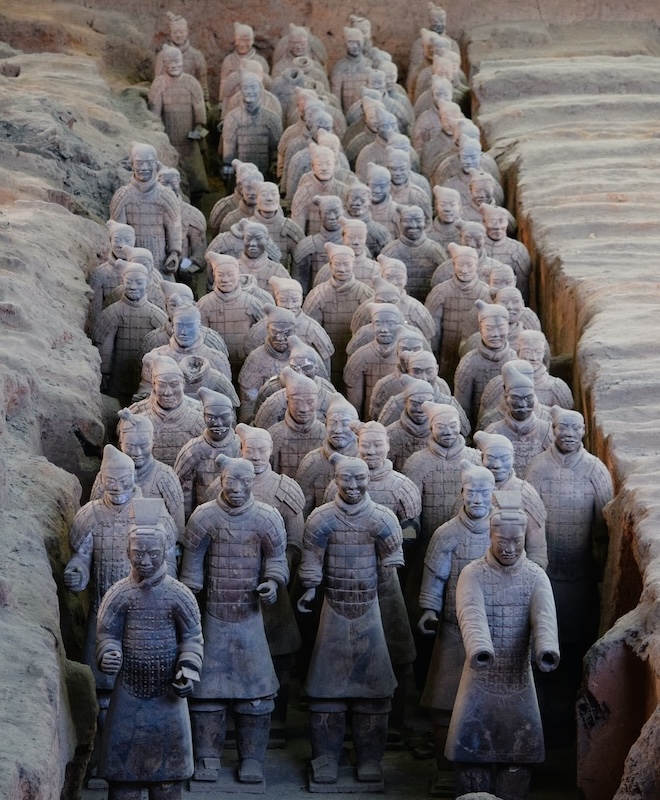
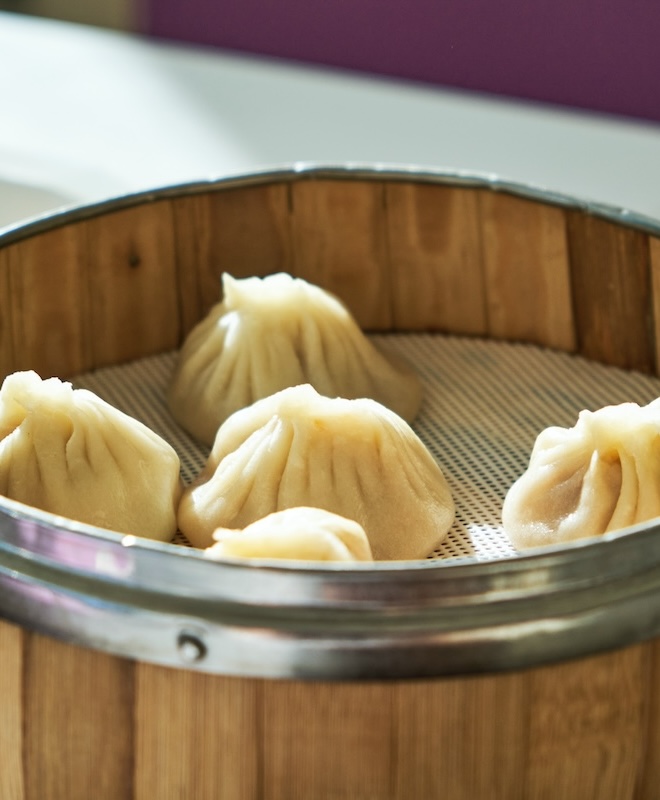
Packing List
Speak the Language
Hello: 你好 (nǐ hǎo)
Good morning: 早上好 (zǎoshang hǎo)
Good afternoon: 下午好 (xiàwǔ hǎo)
Good night: 晚安 (wǎn'ān)
How are you?: 你好吗?(nǐ hǎo ma?)
Thank you: 谢谢 (xièxiè)
You're welcome: 不客气 (bù kèqì)
Excuse me / I'm sorry: 对不起 (duìbuqǐ)
I'm sorry: 我很抱歉 (wǒ hěn bàoqiàn)
Please: 请 (qǐng)
My name is...: 我的名字是... (wǒ de míngzì shì...)
How much does it cost?: 多少钱?(duōshǎo qián?)
Where is the bathroom?: 厕所在哪里?(cèsuǒ zài nǎlǐ?)
Can I help you?: 我能帮你吗?(wǒ néng bāng nǐ ma?)
Do you speak English?: 你会说英语吗?(nǐ huì shuō Yīngyǔ ma?)
Goodbye: 再见 (zàijiàn)
See you later: 回头见 (huítóu jiàn)
See you tomorrow: 明天见 (míngtiān jiàn)
Google Translate: Download the Google Translate app or click here
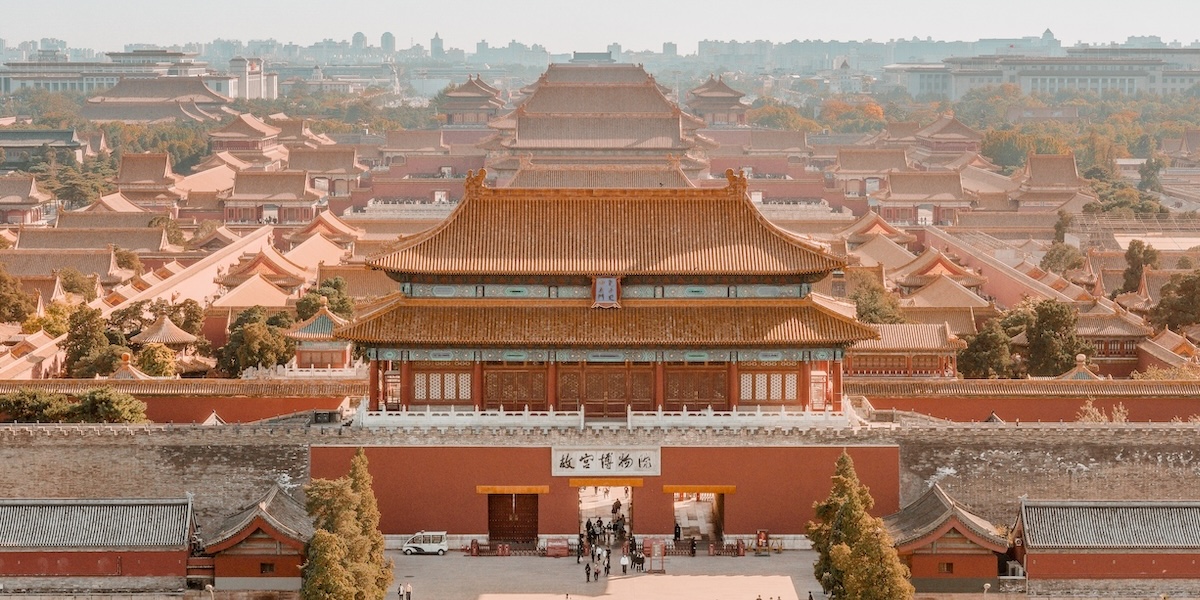
Important Considerations
Visa & Passport Requirements
Visa requirements often change and it is important to always stay away. We recommend referring to the State Department. You can also use our Sherpa eVisa tool to double check your Visa requirements.
Anyone traveling internationally will need a valid passport. Typically, countries require that a passport is valid for at least six months after you return home and has two or more blank pages, otherwise you may not be able to enter.
Phone & Internet Access
Many popular websites are inaccessible in China, e.g., WhatsApp, Google, Gmail, Facebook, Instagram and Twitter. Some Travelers arrange VPN access on their device prior to arriving in China, enabling them to use some of these blocked sites. Ensure your loved ones know how to connect with you while in China.
Obtaining a Chinese SIM card is time-consuming and requires a lot of paperwork, so you may prefer to arrange a data roaming package through your phone provider prior to travel.
WiFi is often available in hotel reception areas and sometimes in rooms. Your local Guide will be able to advise on the best places to get connected.
%20Large.jpeg?width=1280&height=720&name=trovatrip-china-trip-prep%20(1)%20Large.jpeg)
Forms of Payment
The most common form of payment in China is via the WeChat or Alipay apps. We recommend setting up both these apps on your device before arriving in China. You will need to link a payment card to the app and ensure you have a data roaming package set up. Transaction fees may apply to payments made with foreign accounts.
Cash is still accepted as payment, but breaking large notes is challenging for the small vendors you are likely to interact with during your trip. You may like to obtain some CNY cash before arriving in China to ensure you have funds available for your first day or two.
Credit cards should not be relied upon as they aren’t widely accepted or if they are, payments on foreign cards sometimes don’t work.
Currency Exchange & Spending
Currency exchange is available at major banks. The easiest foreign currencies to exchange are USD and EUR. Due to restrictions on exchanging CNY into foreign currencies, we recommend planning your cash usage well so that you use up all your CNY cash before leaving China.
Don't forget! When it comes to spending money on the trip, every Traveler is a little different. You know your spending habits best, so please budget an appropriate amount for things like optional meals, drinks, shopping, optional activities, and laundry.
Make sure you have read the itinerary and inclusions thoroughly so you know what is included in the trip price and what you may need to pay for while traveling.

Transportation in China
The primary forms of transportation in China include private vehicles, public bus, high speed train, and subway.
When traveling by train in China you will need to pass through security checkpoints similar to those at airports. Please be aware that items that may be classified as ‘weapons’ might be confiscated (even from your suitcase), as all luggage travels in the compartment with you. We recommend leaving items that fall into this category (eg. pocket knives, scissors, etc.) at home. Aerosol spray bottles are not permitted on high-speed trains and may get confiscated at the station.
Accommodations
- Hotel Rooms: Some Travelers have noted that hotel mattresses in China tend to be firmer than what they’re accustomed to at home. If this is a concern, you can request an extra quilt or additional bedding from the hotel for added comfort.
- Smoking Rooms: Smoking is common in China, and most hotels do not have designated non-smoking rooms. In larger hotels with central air conditioning, smoke odors may sometimes circulate between rooms. While our Operating Partners request hotels clean and ventilate rooms thoroughly before check-in, lingering smoke smells may still be present in some cases. If this becomes an issue, speak with your local Guide about the possibility of switching rooms.
- Guesthouses: In smaller, rural areas, accommodations may be in guesthouses, which are typically small, family-run establishments. These offer more basic facilities compared to hotels, and towels may not always be provided. Occasionally, the group may be split across separate guesthouses within walking distance of each other.
Food & Dietary Requirements
- Vegetarian & Vegan: Vegetarians in China will find plenty of meat-free options, including vegetable, tofu, and egg-based dishes. Your local Guide can recommend popular choices. Dairy is not commonly used in Chinese cuisine, though in regions like Tibet, Xinjiang, and Yunnan, milk products are part of the local diet. Vegans should generally have no trouble finding delicious plant-based meals in most locations.
- Dietary Needs: Our Operators strive to accommodate dietary requirements for included meals whenever possible. However, there may be instances where Travelers with specific needs will need to supplement meals with their own supplies from local markets or supermarkets. Some dietary restrictions, such as gluten-free options, are less common in China, so it's important to communicate your needs to your Guide and research suitable dishes before your trip.
- Allergies: If you have food allergies, your Guide will do their best to provide information about the ingredients in your meals. However, it is your responsibility to ensure you avoid allergens and research safe food options before traveling.
%20Large.jpeg?width=1280&height=720&name=trovatrip-china-trip-prep%20(2)%20Large.jpeg)
Chinese National Holidays
China's national holidays are the peak travel season for Chinese nationals. During this
time, the whole country is on the move—that's over a billion people! Although these are fascinating and exciting times to travel in China, please be aware that you may experience transport delays and massive crowds at tourist attractions and train stations.
Here are the major holiday periods in China:
- Chinese New Year: Jan 28- Feb 4 2025, Feb 16- Feb 23, 2026
- Qingming Festival: Apr 4-6, 2025/2026
- Labor Day Holiday: May 1-5, 2025/2026
- Dragon Boat Festival: May 31-Jun 2, 2025, June 19-21, 2026
- Mid-Autumn Day: Oct 6, 2025, Sept 25-27, 2026
- National Day: Oct 1-8 2025, Oct 1-7 2026
Fast Facts
- Longest Wall in the World: The Great Wall of China, one of the most iconic symbols of the country, is the longest wall in the world, stretching over 13,000 miles. It was built over several dynasties to protect against invasions.
- Four Great Inventions: China is credited with the invention of the Four Great Inventions, which are papermaking, printing, gunpowder, and the compass. These innovations had a profound impact on the world.
- Panda Diplomacy: China engages in "panda diplomacy" by lending pandas to other countries as a sign of goodwill and strengthening diplomatic ties. The practice began in the 20th century and has continued with the loaning of pandas to various nations.
- Xi'an, one of the oldest cities in China, is home to the world-famous Terracotta Army. Discovered in 1974 by local farmers, this archaeological marvel consists of thousands of life-sized clay soldiers and horses buried with China's first emperor, Qin Shi Huang, over 2,000 years ago. The Terracotta Army is considered one of the most significant archaeological finds of the 20th century and is a UNESCO World Heritage site, drawing millions of visitors from around the world to marvel at its historical and artistic significance.
- One interesting fact about food in China is the regional diversity and the concept of "eight major cuisines." China is renowned for its diverse culinary traditions, and the country is often categorized into eight major regional cuisines: Shandong, Sichuan, Guangdong (Cantonese), Hunan, Jiangsu, Zhejiang, Fujian, and Anhui. Each cuisine has its own distinctive flavors, ingredients, and cooking techniques, reflecting the diverse geography and cultural influences across the vast country.
Tipping
Tipping is a thoughtful way to acknowledge excellent service while traveling. Even if it’s not customary in your home country, it plays a significant role in the tourism industry across many of our destinations and is greatly appreciated by the people who take care of you during your travels. To ensure your gesture is well received, avoid tipping with coins, extremely small denomination bills, or damaged notes, as these may be perceived as disrespectful rather than appreciative.
- Tour Guides and Excursions: If you participate in guided tours or excursions, tipping the Guide is a nice gesture, particularly if you enjoyed the experience. Usually around $10-$20 per day for the main Guide who accompanies you throughout the trip. For excursion Guides, 5-10% of the tour cost is a common guideline. Note that for tips you want to tip discretely and put in an envelope if you can.
- Tour Driver: Around $5/day is standard. Note that for tips you want to tip discretely and put in an envelope if you can.
- In taxis, small inns, hostels, cafes, food stalls, and bars, your tipping largesse is unnecessary—gratuities are likely to be refused in all those scenarios. In fact, many businesses have official no-tipping policies.
- At some upscale urban restaurants, a service charge of 10%–15% may appear on your bill. That fee goes toward workers’ salaries. You can tip servers an additional ¥5–15 (US $1–2) if you’re happy with their work, but it’s not required.
- At expensive hotels, give the same amount (¥5–15) to room attendants and bellhops who help with your luggage. The hotel may charge a 10%–15% service fee, too.
| Guides | USD $10-20 per main Guide/per day or 5-10% for excursion Guides | |
| Drivers | USD $5 per person/per day | |
| Restaurant Servers | USD $1–2 additional on top of service charge at upscale urban restaurants | |
| Hotel attendants | USD $1–2 per person for room attendants/bellhops |
FAQ
Where can I find information on travel safety? Check out the US Department of State's website for the most up to date information on safety while traveling.
Is the water safe to drink? While water quality is improving, drinking tap water still isn't recommended in China due to the presence of pollution and natural contamination of water supplies.
What about vaccines? For vaccination information, click here.
Do you recommend travel insurance? Our Operator does require Travel Insurance for most of our China itineraries. We recommend travelers check out plans from our partner, Travel Insured International, or from a provider of your choice.
How much should I pack? As we will be using shared transfers and spaces throughout our tour we recommend all Travelers pack as lightly as possible. Please review our luggage restrictions below.
Need help searching for a flight? We recommend Skyscanner.com to compare different routes and rates. Click here to search!
Luggage Restrictions
